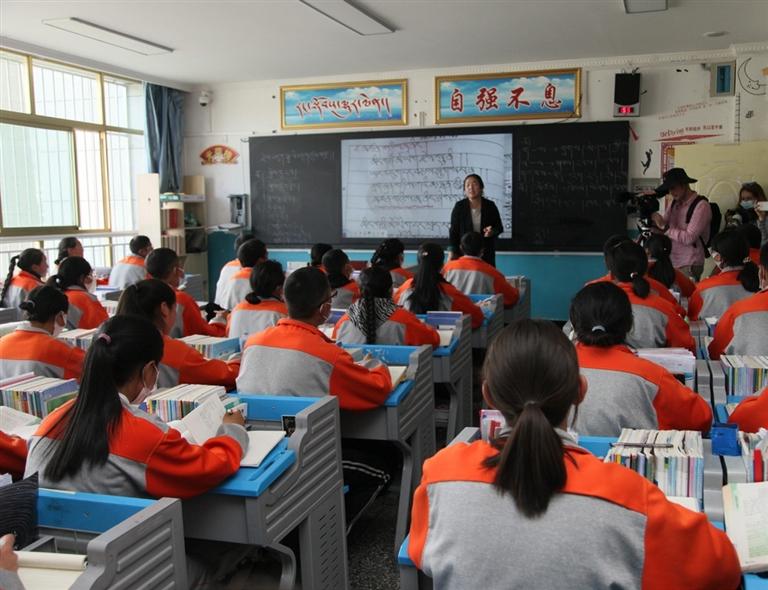
THE boarding school system in Tibet has succeeded in providing quality education to both rural and urban students, while respecting parental and student preferences regarding school attendance, the China Daily reported yesterday. Sherab Nyima, a professor at Minzu University of China, stated at an international symposium on education that boarding schools have been welcomed by parents and students, particularly those in pastoral areas where obtaining an education was previously challenging. Many Tibetans who went to boarding schools have gone on to pursue higher education. “Boarding schools have enabled children from rural and pastoral areas to equally receive education,” Sherab Nyima was quoted by the newspaper as saying. Setting up boarding schools is a common practice throughout China to ensure children’s right to education in areas with sparse populations and harsh natural conditions, and is not targeting Tibet specifically, Nyima noted. Claims that Tibetan students are forced to attend boarding schools are politically motivated and unfounded, according to Xiao Jie, deputy director of the Institute of Contemporary Studies at the China Tibetology Research Center. “It is necessary to make clear that although many schools in Tibet provide accommodation, it is up to the students and their parents to choose if they want to live in the schools or not,” said Xiao, who just returned from Tibet after carrying out research on boarding schools in the region. Xiao added that it is reasonable for some students to live at school due to their remote homes being up to 100 kilometers away, and impractical to set up schools in villages with only a few households. Additionally, the schools offer lessons on Tibetan language and culture, so accusations that they aim to erase Tibetan culture are baseless. “In fact, students may learn more about Tibetan culture while attending these schools,” Xiao was quoted as saying. (Xinhua) | 
